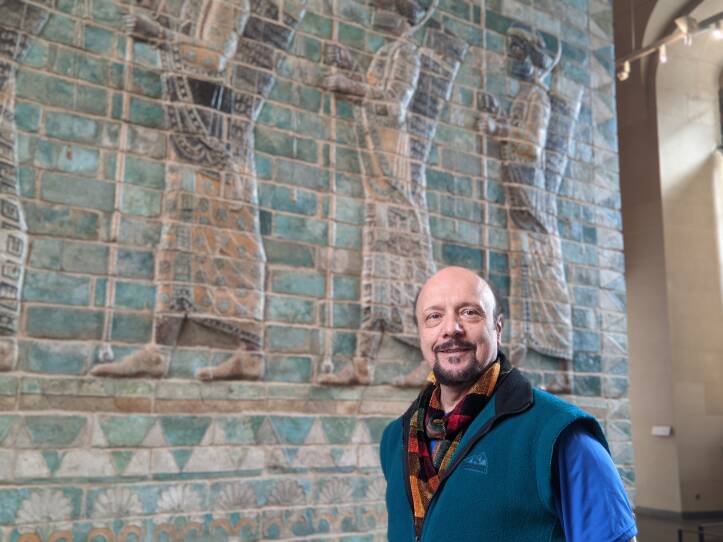The number of book challenges and complaints have reached record levels nationwide, including here in Massachusetts.
According to the American Library Association, Massachusetts saw
45 attempts to censor books and other library resources in 2022
The towns of Dighton, Ludlow and Sturbridge have all been on the receiving end. Most of those attempts were to censor materials or library programming about race and sexuality — the same topics that vocal conservative groups have for years sought to limit.
Discussions bubbled up in Dighton after the public library promoted "
Seeing Gender
In Ludlow,
a controversial proposal
During a
school committee meeting in May
“Get this all through your heads," Soares said. "You guys are the ones that are making it [about] LGBTQ. It has nothing to do with that. It has to do with pornographic books in our school — drugs, rape, obscenity books. That's what we're trying to eliminate here.”
And in Sturbridge, frustration over a public library-hosted event with a drag queen prompted critics to ask the Town Meeting to
defund the library
James Lonergan, director of the Massachusetts Board of Library Commissioners, said it’s a difficult time for library staff. He’s had library directors call him in tears from harassment.
“They're trying to do good work. They're public servants. And frankly, they're being called names, or their ethics are being questioned,” Lonergan said.
Ruth Bourquin, a senior attorney at the ACLU of Massachusetts, said the issue over what’s appropriate for school content is coming from a small number of conservative groups that describe themselves as defending parental rights and protecting children.
“There's an uptick because there's a very well organized minority of people who seem to think they have nothing better to do with their lives but to try to control what other people's children can read in school libraries,” Bourquin said.
These debates are nothing new
Bourquin said all the arguments about free speech and parental control being used today hearken back to a decades-old U.S. Supreme Court case.
In that 1982 decision,
Board of Education, Island Trees Union Free School District v. Pico
For Steven Pico, the lead plaintiff in the case, today’s efforts to ban books are eerily similar to those he experienced over 40 years ago.
"They call the case the 'Pico' case, which is very interesting, which is why I take it very personally," Pico told GBH News.

The case
originated in 1977
Pico joined with four other students to challenge the school board’s decision. He said it was his patriotic duty.
“This is a democracy, and we have majoritarian rights,” Pico said, reflecting on his decision decades ago. “And we've come to a point in our country where people think and feel that they can make decisions for everybody else, like removing a book.”
Andrea Fiorillo, co-chair of the Massachusetts Library Association’s
Office of Intellectual Freedom Social Responsibility Committee
“We are at an inflection point in our democracy where democratic norms and freedoms are being challenged,” said Fiorillo.
"We are at an inflection point in our democracy where democratic norms and freedoms are being challenged."Andrea Fiorillo
On June 30, state Sen. Julian Cyr filed
an act regarding free expression
"We must continue to champion our values of equity and belonging, that we cannot allow small-minded bans or politically opportunistic censorship to interfere with the right to read,” Cyr said.
The ACLU of Massachusetts has also sent
a letter
And on the national level, Pico continues to push for freedom of speech and expression.
“It seems like history is repeating itself on steroids,” Pico said. “And that is what's happening. But I'm optimistic, and I'll tell you why: because young people out there are listening now. They're aware that they have rights and there are things that they can do to combat censorship.”








